Poker Rules
Online poker rules
What brings victory in poker?
The winner of an individual hand in poker is the player who holds the strongest hand after opening all the cards at the end of the hand, also known as the 'showdown', or the player who last bet and no one followed, winning the hand without coming to the showdown.
The winner of an individual hand in poker is the player who holds the strongest hand after opening all the cards at the end of the hand, also known as the 'showdown', or the player who last bet and no one followed, winning the hand without coming to the showdown.
Not sure if the color is stronger than the scale? You don't know what a full house is? In the table below you can find everything you need to know about the order of arm strength ( click here for more information ). The strongest hands are in the top row, starting from left to right. The weakest possible hand is the hand with the highest card.
Color scale to ace
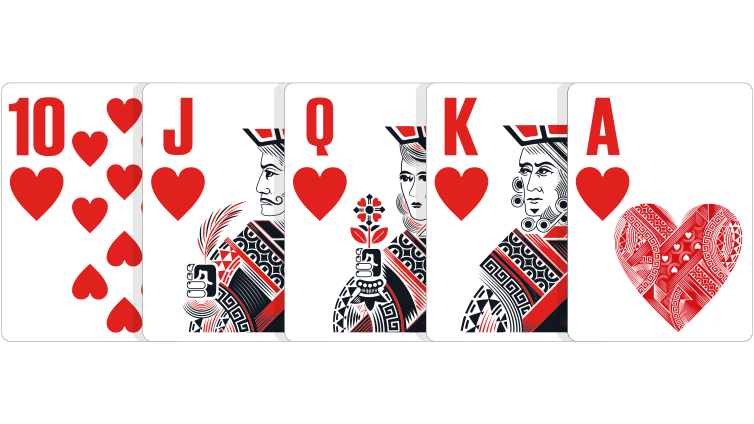
Color scale
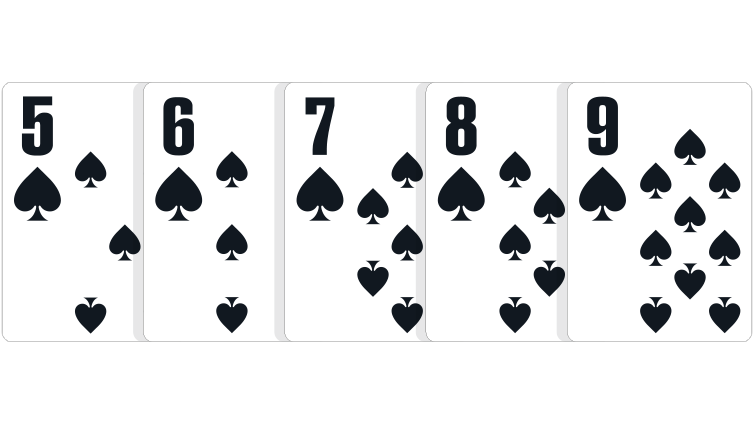
Poker
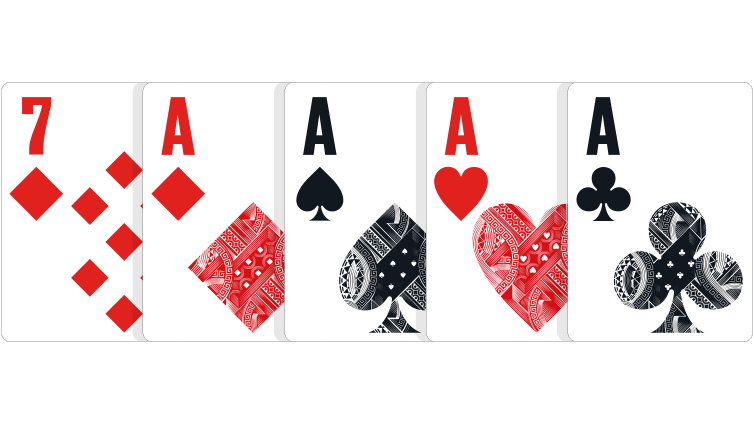
Full house
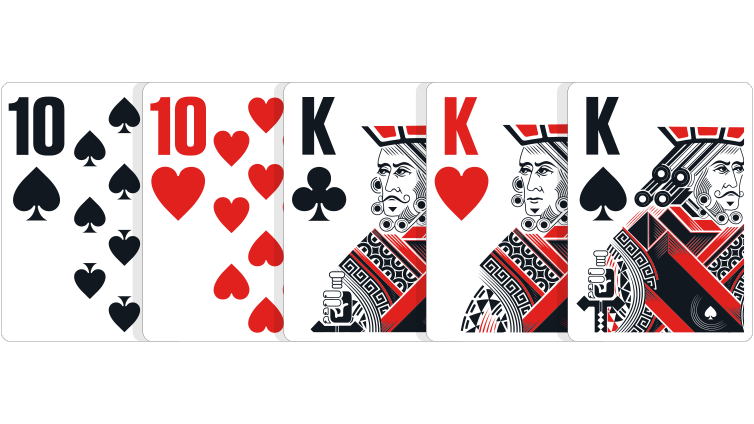
Color
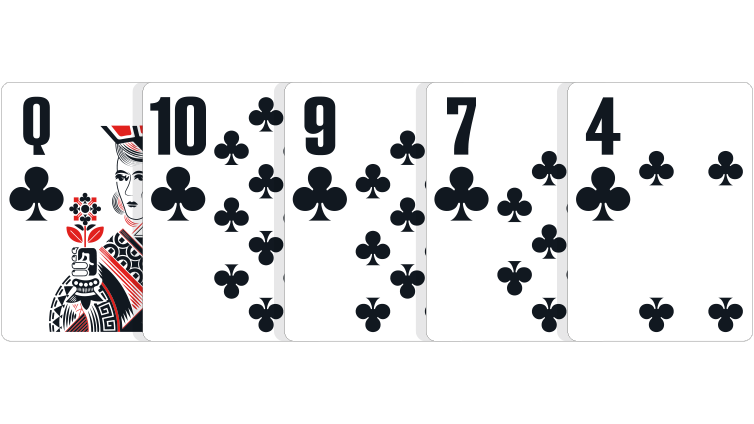
Scale
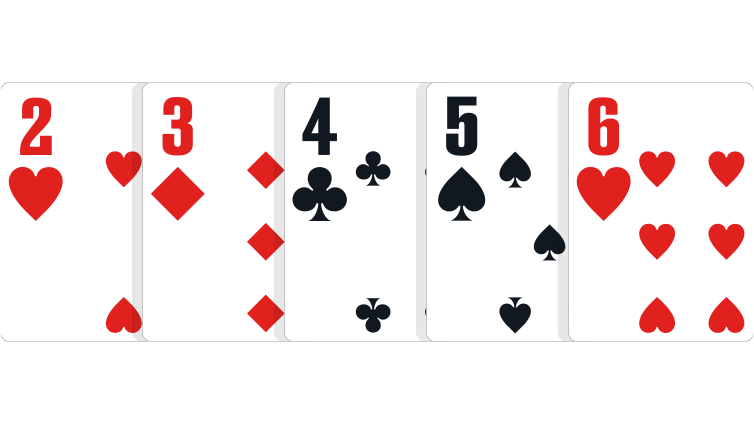
Tris
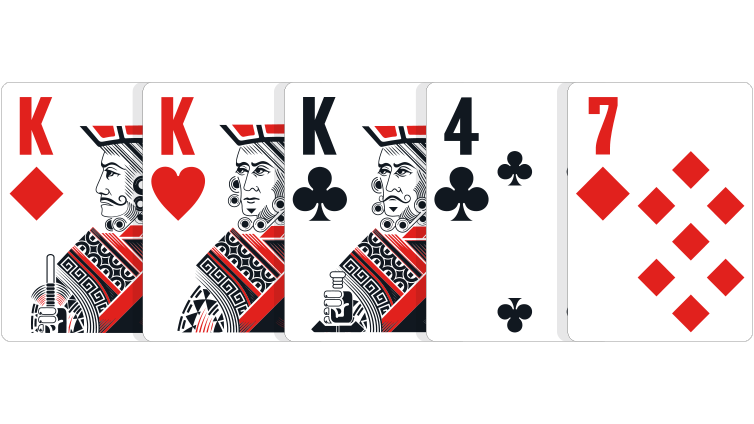
Two pairs
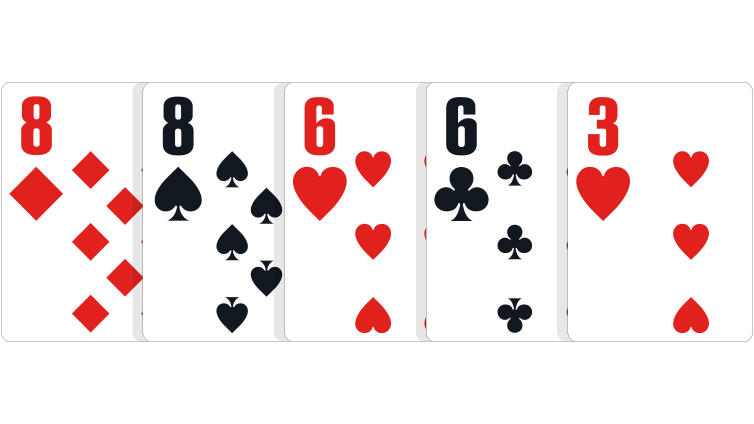
One pair
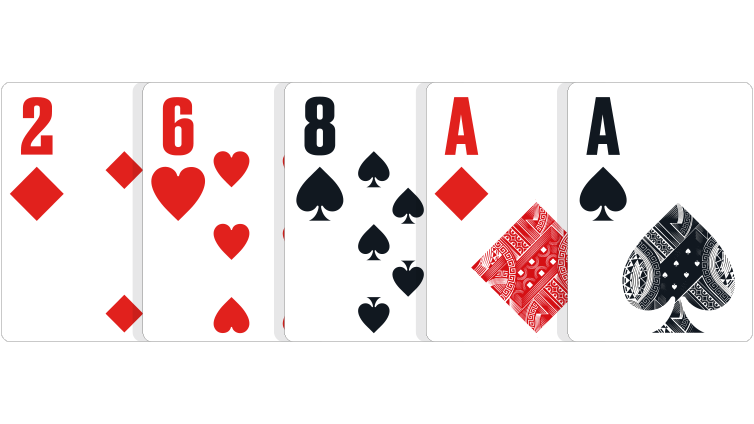
The highest card
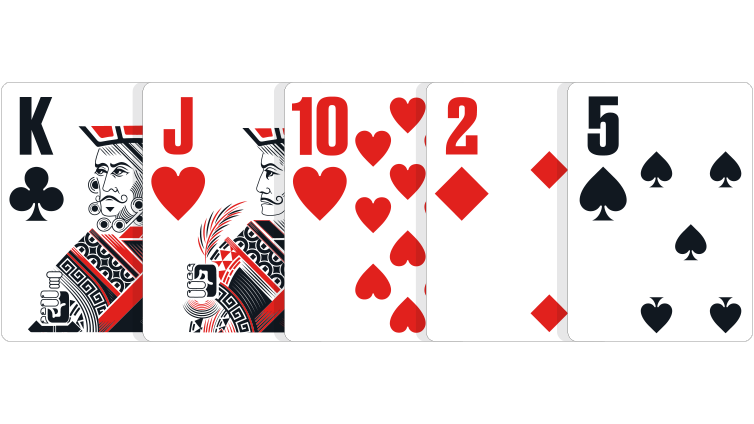
First steps
Poker games usually involve forced stakes, which in Hold'em and Omaha games are called big and small blinds. These forced stakes form the starting pot in every poker hand, which is the first incentive for players to win a hand. The stocks that follow through later investment rounds increase the size of the pot.
Ticket sharing and investment rounds
After the deal cards are dealt, the player is expected to make a move in a clockwise direction. When it is their turn, each player can choose one of the following actions:
Check : miss an investment opportunity. Players can choose to check when there are no stakes in the current round, thus shifting the move to the next person, the first to the player clockwise. If all active players decide to check, they remain in the hand and the round is considered complete.
Bet : Each player can choose to bet if no other player has bet during the current round. After placing bets, other players must follow that bet to stay in hand.
Cancel : Players who discard cards can no longer decide on another move or win that hand. Track : Players can track a bet that other players have placed during the current hand. This means that the player who follows must place the amount corresponding to the highest role.
Increase : Players can increase the stake if other players have bet during the current hand. This means that the player who increases must place the amount corresponding to the highest bet, increased by the new bet. All subsequent players must choose to track the increase or increase the stake again (‘increase again’) to stay in hand.
Different variants of poker have different investment rounds. Texas Hold'em and Omaha are the two most popular poker games in the world and have identical betting structures, with four rounds of betting also known as preflop, flop, turn and river.
The preflop starts as soon as the players are dealt their hand cards, before the community cards are opened. The flop comes after the opening of three community cards, the turn after the fourth community card, while the river comes after the fifth and final community card.
In each betting round, players continue to bet until everyone has equalized or discarded the cards (if there were no bets, the round is over when all players have decided to check). When the betting round is over, the next split / betting round starts or the hand is over.
The following is an example of a Texas Hold'em hand after all the cards have been dealt. As you can see, players can use either of the two hand cards and any of the five community cards to fold the strongest five-card hand. In this case, you can use both hand cards and three community cards to stack the scale.

1. Opponent hand cards
2. Common tickets
3. Your hand maps
Showdown
After tracking the last bet or increasing the stakes during the last round of betting, a showdown follows. The remaining active players must show or ‘announce’ their hands, and the player with the strongest hand wins the pot.
Players usually show their hands one after the other, not at the same time. Multiple players can split the pot, and the pot is split in different ways, depending on the rules of the game and the ratio of the strengths of the player's and the opponent's hand.
Now that you know the rules, what's holding you back?
Poker games usually involve forced stakes, which in Hold'em and Omaha games are called big and small blinds. These forced stakes form the starting pot in every poker hand, which is the first incentive for players to win a hand. The stocks that follow through later investment rounds increase the size of the pot.
Ticket sharing and investment rounds
After the deal cards are dealt, the player is expected to make a move in a clockwise direction. When it is their turn, each player can choose one of the following actions:
Check : miss an investment opportunity. Players can choose to check when there are no stakes in the current round, thus shifting the move to the next person, the first to the player clockwise. If all active players decide to check, they remain in the hand and the round is considered complete.
Bet : Each player can choose to bet if no other player has bet during the current round. After placing bets, other players must follow that bet to stay in hand.
Cancel : Players who discard cards can no longer decide on another move or win that hand. Track : Players can track a bet that other players have placed during the current hand. This means that the player who follows must place the amount corresponding to the highest role.
Increase : Players can increase the stake if other players have bet during the current hand. This means that the player who increases must place the amount corresponding to the highest bet, increased by the new bet. All subsequent players must choose to track the increase or increase the stake again (‘increase again’) to stay in hand.
Different variants of poker have different investment rounds. Texas Hold'em and Omaha are the two most popular poker games in the world and have identical betting structures, with four rounds of betting also known as preflop, flop, turn and river.
The preflop starts as soon as the players are dealt their hand cards, before the community cards are opened. The flop comes after the opening of three community cards, the turn after the fourth community card, while the river comes after the fifth and final community card.
In each betting round, players continue to bet until everyone has equalized or discarded the cards (if there were no bets, the round is over when all players have decided to check). When the betting round is over, the next split / betting round starts or the hand is over.
The following is an example of a Texas Hold'em hand after all the cards have been dealt. As you can see, players can use either of the two hand cards and any of the five community cards to fold the strongest five-card hand. In this case, you can use both hand cards and three community cards to stack the scale.

1. Opponent hand cards
2. Common tickets
3. Your hand maps
Showdown
After tracking the last bet or increasing the stakes during the last round of betting, a showdown follows. The remaining active players must show or ‘announce’ their hands, and the player with the strongest hand wins the pot.
Players usually show their hands one after the other, not at the same time. Multiple players can split the pot, and the pot is split in different ways, depending on the rules of the game and the ratio of the strengths of the player's and the opponent's hand.
Now that you know the rules, what's holding you back?


No comments